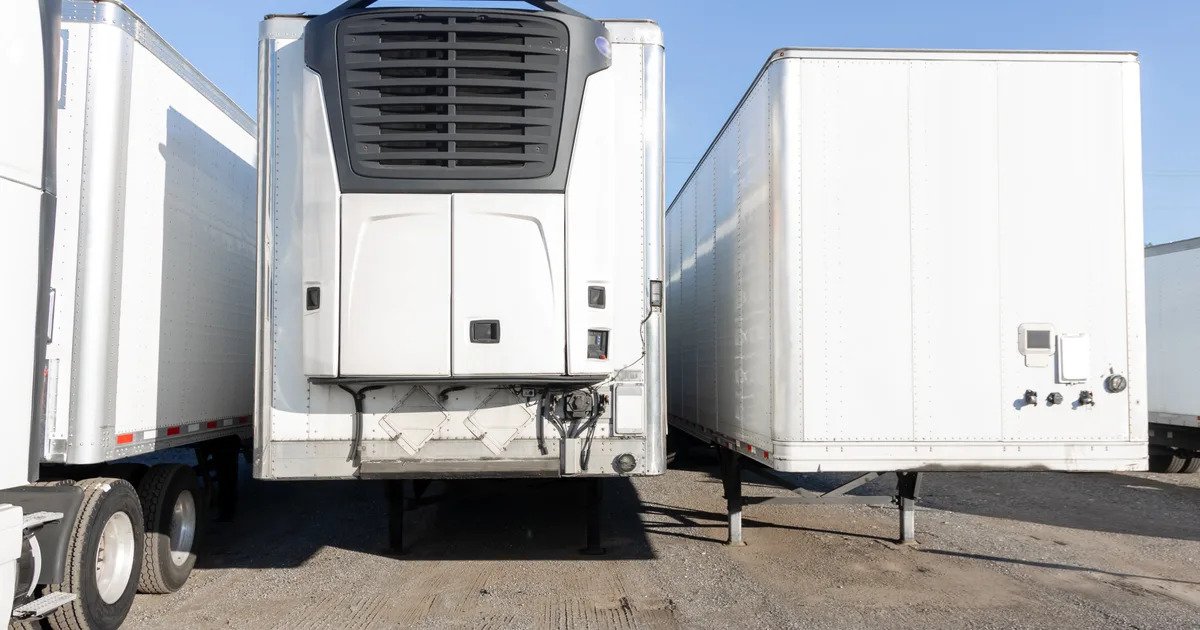In the world of logistics, the choice between reefer and dry van trailers plays a crucial role in the transportation of goods. At House of Trucking we understand the significance of this decision. In this comprehensive guide, we explore the key differences and considerations between reefer and dry van trailers, helping you make the right choice for your freight.
Reefer: Keeping It Cool
Reefer Trailers for Temperature-Sensitive Cargo
Reefer trailers, short for refrigerated trailers, are a go-to choice for transporting temperature-sensitive goods. Whether it’s perishable food items, pharmaceuticals, or delicate electronics, reefer trailers maintain a controlled environment, keeping your cargo at the desired temperature throughout the journey.
How Reefer Trailers Work
Reefer are equipped with advanced refrigeration systems that allow you to set and monitor the temperature of your cargo. These trailers are insulated to minimize temperature fluctuations and equipped with powerful cooling units, ensuring the integrity of your products.

Key Advantages of Reefer Trailers
- Temperature Control: Reefer trailers maintain a consistent temperature, preserving the quality and safety of your cargo.
- Versatility: Ideal for a wide range of temperature-sensitive goods.
- Compliance: Reefer trailers meet strict industry standards for transporting perishable items.
Dry Van: Versatile and Reliable
Dry Van Trailers for General Cargo
Dry van trailers are the workhorses of the transportation industry, offering a versatile solution for general cargo. From electronics to furniture and everything in between, dry van trailers provide reliable and secure transport for a wide range of goods.

Versatility in Dry Van Trailers
Dry van come in various sizes, making them adaptable to your cargo requirements. They offer ample space for efficient loading and unloading, with sturdy construction to protect your goods from the elements.
